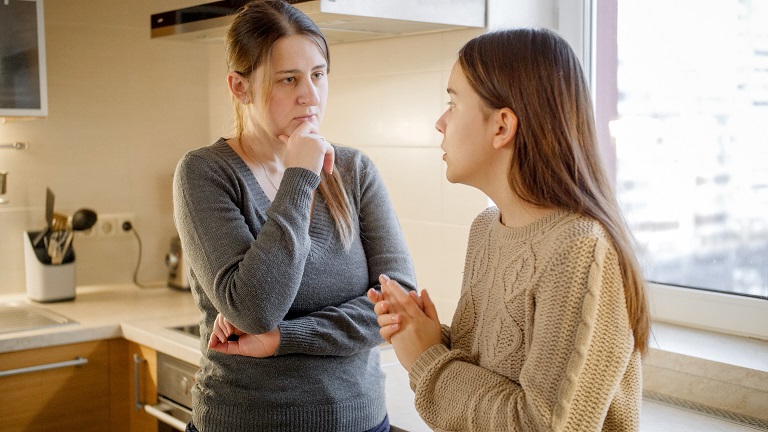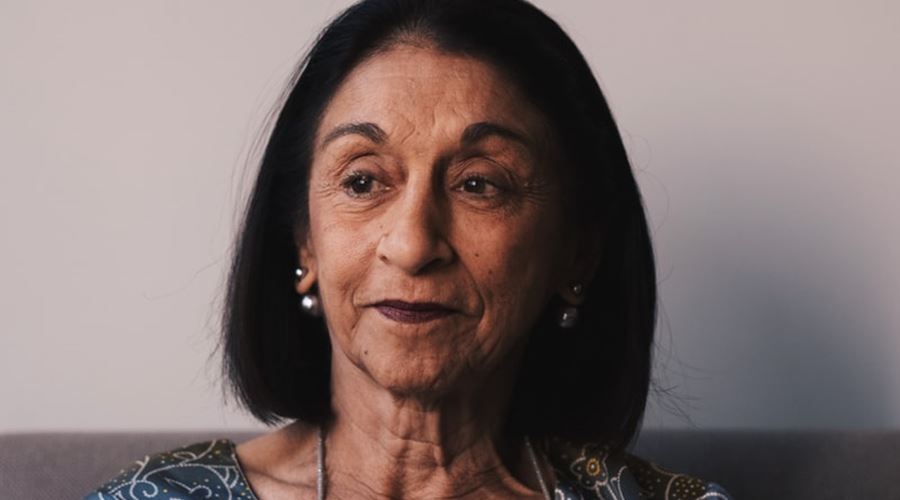- Home
- News & Blogs
- Current: Creating Hope Through Action
Do you need urgent help?
If you need to speak to someone right now, here are some confidential options which provide 24/7 support. If you're worried you might hurt yourself or someone else, please call 999, or go to your nearest A and E.
Childline
Helps anyone under 19 in the UK with any issue they’re going through. Childline is free, confidential and available any time, day or night.
0800 1111Samaritans
24 hours a day, 365 days a year. You don't have to be suicidal to call us
World Suicide Prevention Day 2022
Wed, 07 - September - 2022
World Suicide Prevention Day is hosted on 10 September each year by the International Association for Suicide Prevention and provides the opportunity for people across the globe to raise awareness of suicide and suicide prevention.
In Northern Ireland, 209 people ended their life through suicide in 2019. Every life lost to suicide is someone's partner, friend, parent, colleague. Each death devastates individuals and communities.
Creating Hope Through Action
Suicide is preventable. This World Suicide Prevention Day, the theme is Creating Hope Through Action. Creating Hope Through Action is a reminder that there is an alternative to suicide and aims to inspire confidence and light in all of us; that our actions, no matter how big or small, may provide hope to those who are struggling.
Here for 4 ways you can be part of preventing suicide.

Learn to recognise and respond to suicidal feelings in others
Anyone can learn how to have a potentially life-saving conversation. Anyone over the age of 16 can take the free Zero Suicide Alliance training. Through their 20 minute suicide awareness training you will gain skills and confidence to help someone who may be considering suicide.
What you’ll learn
- How to spot suicide warning signs
- How to have a conversation with someone you’re worried about
- Where to signpost to for further support
- Suicide is preventable
Challenge myths about suicide
There are lots of myths about suicide. You might hear these myths said by friends, family, colleagues or people online. Equip yourself with the facts and call out myths about suicide when you hear them. For example:
1. Talking about suicide is just attention seeking.
This is one of the most dangerous myths about suicide. Many people who go on to complete suicide have said things like, "I can't take it anymore", "There's no point in anything", "I wish I was dead".
If someone talks about wanting to take their own life, they need urgent attention. You should always take them seriously.
2. Asking someone if they are thinking of suicide puts ideas in their head.
Evidence shows that asking direct questions such as, "Are you thinking of taking your own life?" can encourage people to talk about their suicidal feelings and to feel less isolated or alone. You can then support the person in getting the help they need. It can be a difficult conversation to begin. The training linked above can help you.
3. Suicide is selfish.
When someone is suicidal, they are in deep hopelessness and despair. They may have distorted beliefs about themselves, including that by ending their life, they would be sparing their loved ones further pain. They may also believe that their death would not have an impact on others.

Recognise when you need help
Anyone can experience suicidal feelings. Suicidal feelings do not mean that you have to end your life. You can get through this.
Remember that however you feel there are people who will listen and who want to help.
Let family or friends know what you are going through. They may be able to offer support and help keep you safe. They may not be able to make you feel better straight away. But tell them how you feel. They may help you see your situation in a different way or think of other options.
Our page on Coping With Suicidal Feelings can help you to understand how you are feeling and give you some tools on coping. Our Help in a Crisis page can walk you through some options for finding the urgent support that you need
Use your voice to demand better mental health services
Suicide is not inevitable. It is also influenced by factors including social isolation and poverty. In Northern Ireland, the suicide rate of those living in deprived areas is twice that of those living in the least deprived areas. Protect Life 2 is the 2019-2024 strategy for tackling the causes of and preventing suicide in Northern Ireland.
What can I do?
- You can join the Mental Health Champion's call to #PlugTheGap to ensure that the 10 Year Mental Health Strategy and Suicide Prevention Strategy is fully funded.
- You can contact your MLA to demand that they take action to implement better mental health services and support for people who are suicidal, and for families affected by suicide. When MLAs and local councillors come to your door, challenge them on this.
- You can make a complaint about poor healthcare. If you or a loved one receive poor treatment in a health setting, you can make a complaint. The Patient and Client Council outlines how you can do this.






